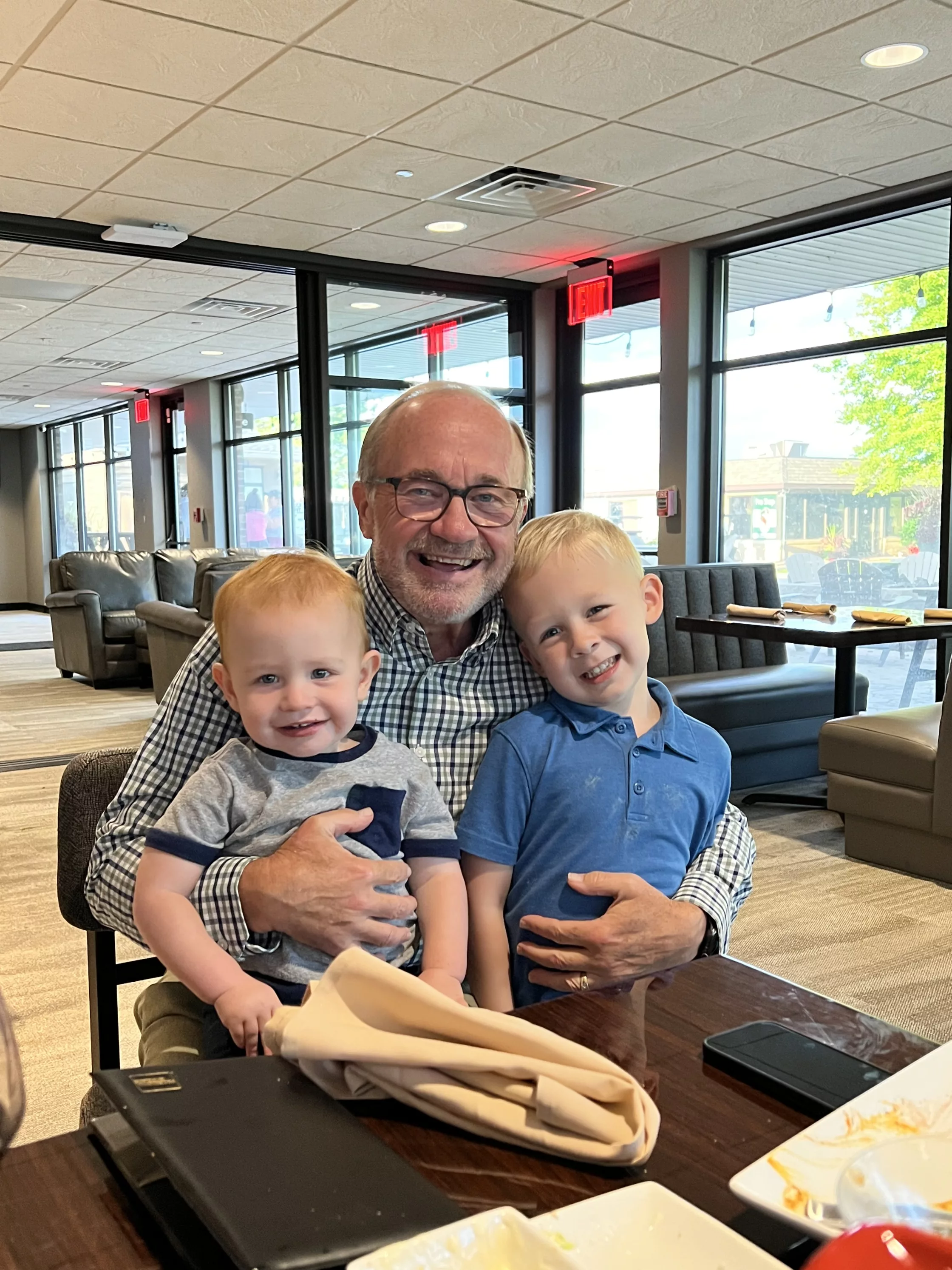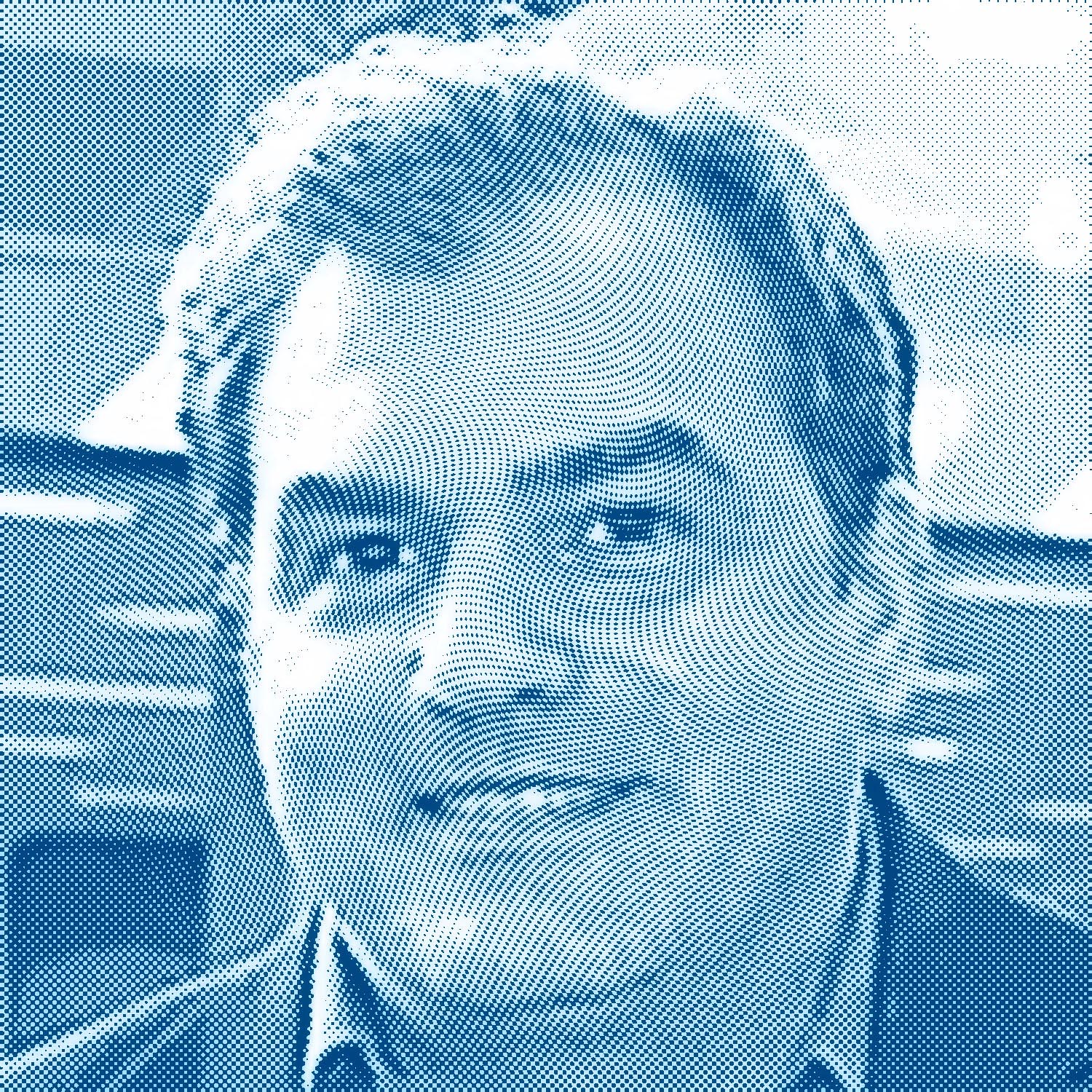He celebrated the first anniversary by going to Mass. He celebrated by inviting a few loved ones to breakfast. Nothing fancy or loud for Dr. Keith Vrbicky in late September, on the one-year anniversary of the day he got a new heart. Just a quiet thanks for this second chance at life.
“A very special time,” Vrbicky said.
He hopes, someday soon, to celebrate with people he considers truly special guests: The Nebraska Medicine heart transplant team and cardiovascular unit who cared for him during his life-and-death struggle, and then gave him that new heart.
For the 68-year-old Vrbicky, a Norfolk obstetrician-gynecologist who’s delivered more than 13,000 babies, living with a pre-owned heart is a gift even though it doesn’t even come with a limited lifetime warranty.
There’s no such thing as a typical heart transplant story. When this physician who practiced what he preached by biking, walking, playing his trumpet and eating right developed fatigue in early September 2021, he got himself checked out. Tests revealed a shocking diagnosis: acute heart failure. Surprise turned to fear when within weeks a transplant became his last resort. His case became one for the medical journals.
The culprit: giant cell myocarditis, a rare cardiac disorder.
Soon after being hospitalized he was put on a machine to pump his blood and help his heart and lungs.
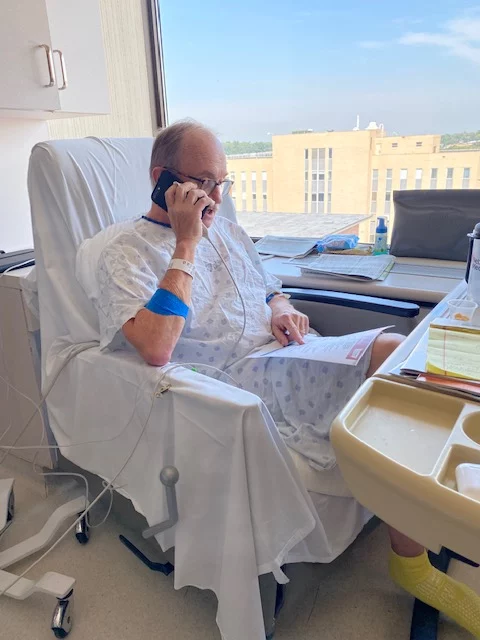
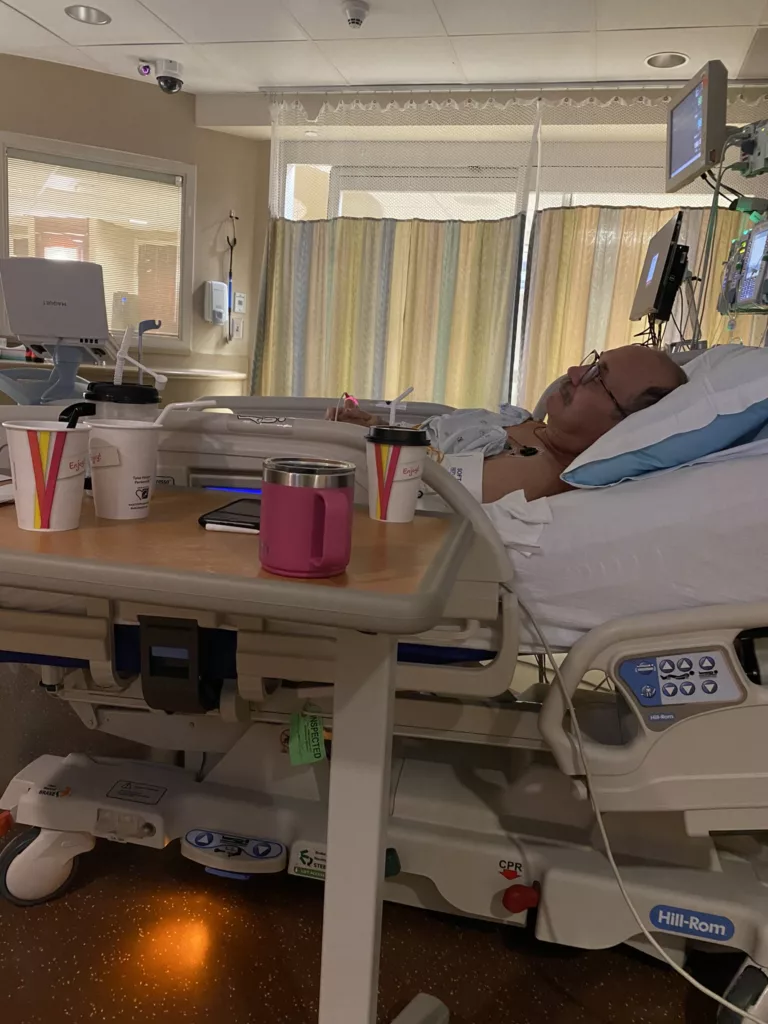
Vrbicky in his hospital bed at Nebraska Medicine just days before his transplant. Feeling fatigued that month, the Norfolk doctor got a checkup that revealed he had a rare cardiac disorder called giant cell myocarditis. Courtesy photo
Dr. Keith Vrbicky days before his transplant in Sept. 2021. Vrbicky, now back nearly full time as a Norfolk physician, feels that the transplant has made him a more empathetic doctor, more able to see things from the patient’s point of view. Courtesy photo
Doctors fought to keep his other organs from failing. Finally, he was stabilized enough to be listed for transplant.
For the transplant to happen, a match needed to be found within 48 hours. A heart that matched was procured after only 12.
Then came the hours-long surgery that started late September 24 and ended the next morning. After days in intensive care, Vrbicky had suffered muscle atrophy and lost 25 pounds. He needed a host of pain and anti-rejection drugs.
In the course of that first post-transplant week he went from not being able to get out of bed without aid to getting himself up on his own two feet. He started taking steps with a harness, a walker and a physical therapist by his side. Then he made it around the nurses’ station and back unassisted. Then he climbed a short set of stairs, and stood alone in a shower for the first time. The anticipation of resuming his life and his practice drove him.
He returned home in early November. For months his vitals were closely monitored. He made frequent doctor visits. Progress proved slow but steady.
He gained muscle strength. He gained endurance. He began to be able to stay up later than 8 p.m. if he felt like it.
Living with someone’s else’s heart, he said, “is very humbling.”
“Every day I pray for the donor and their family,” he said. “I thank them and God that for some reason this little miracle happened that I could get a heart so fast when I needed it to stay alive. I don’t take it for granted one second of any day.”
He follows the same Mediterranean diet as he did before his heart transplant, eating whole grains, extra virgin olive oil, fruits, vegetables, beans, nuts and seafood.
To build his stamina he rides his bicycle every day and takes two-mile walks. He lifts weights to maintain upper body strength.
Karyn Vrbicky, his wife of 44 years and the mother of their six adult children, often joins him on his walks. She observes that from day one he’s been highly motivated to get better.
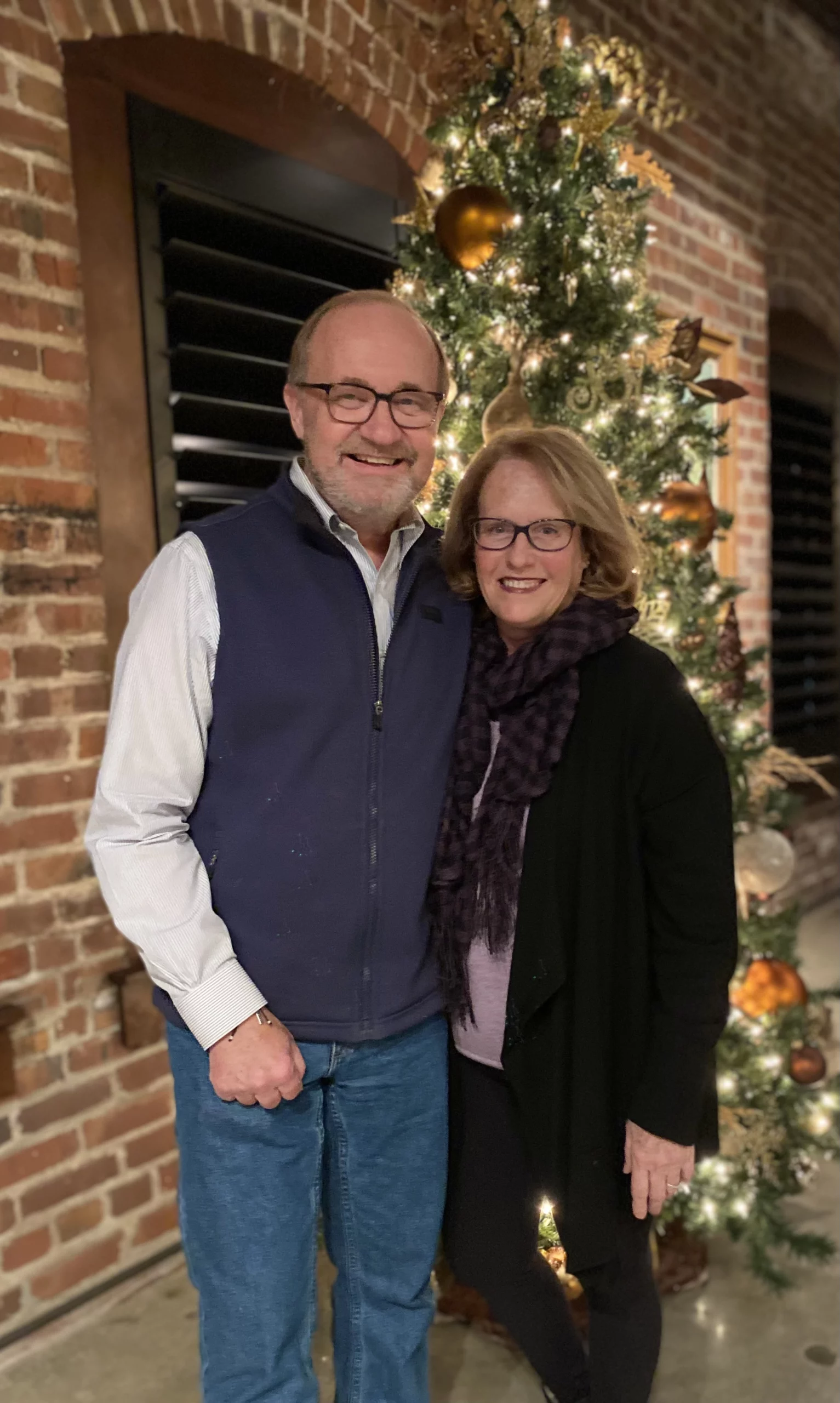
“His biggest fear was that they were going to tell him he couldn’t do any more deliveries or surgeries,” she said, “because he feels his purpose on this Earth is to help people.
“He worried what he would do with himself if he couldn’t do his calling anymore. He was driven…to get back to helping people and taking care of his patients. He was like, ‘I’m not done yet.’”
Only four months after Dr. Vrbicky got a new heart, he returned to practicing medicine.
Many early patient encounters started with hugs and tears. Patients told him that they had prayed for his recovery. His staff wore matching heart transplant T-shirts and supported him in ways big and small.
At first Vrbicky worked part-time. He’s now back at a nearly full slate. That means an average of 26 deliveries per month of babies that come at all hours of the day or night.
Earlier this month he passed a comprehensive, two-day transplant check up at the Med Center.
He believes he couldn’t have come this far without the right mindset. “Our psychological, emotional well-being have a tremendous amount of healing power if we approach things in the right state of mind,” he said.
The family’s post-transplant celebrations of Thanksgiving, Christmas, New Year’s and Easter took on more meaning than usual. “There was lots of crying,” he said.
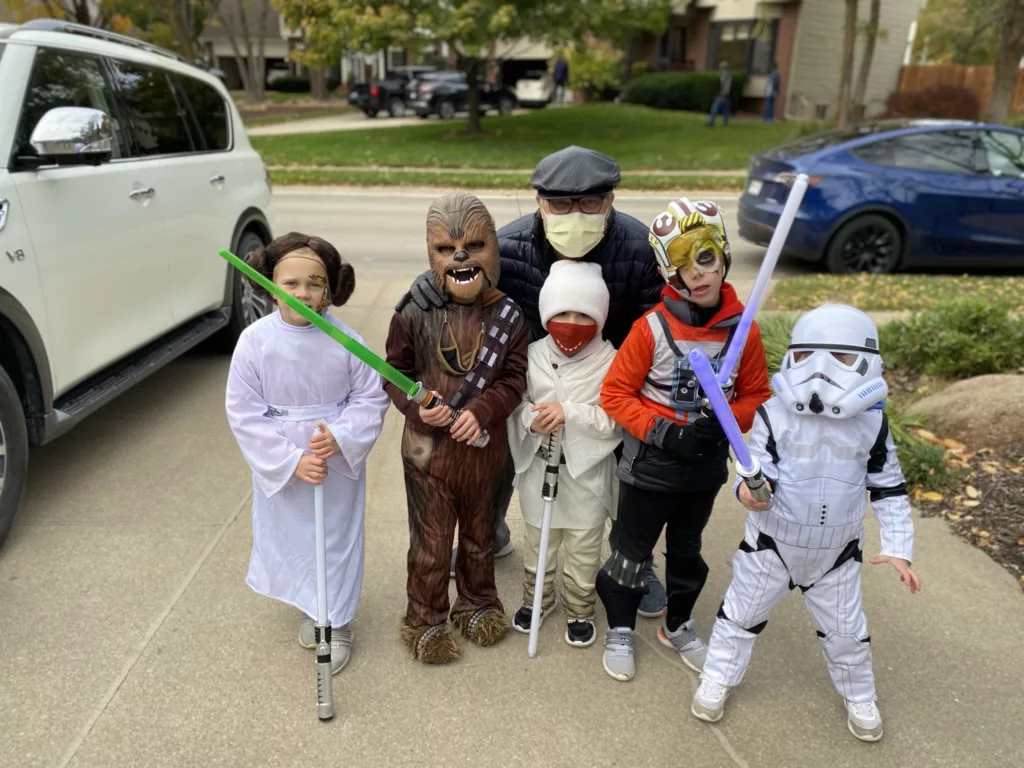
The recent marriage of his youngest child, Michaela, reminded him of what he came close to missing out on. Much of his focus moving forward is watching his grandchildren grow.
Vrbicky does not want you to believe that his recovery has been perfect.
“I get a little bit upset at myself for occasionally feeling sorry for myself. I was living a healthy lifestyle, doing everything right, so why did this happen to me?” he said. “But then I remind myself, ‘hey, you’re kind of living on borrowed time, just be thankful, go with the flow, it’s in God’s hands.’”
He also reminds himself that his heart transplant has made him a better doctor. He’s “more empathetic” he says, more able to see things from the patient’s point of view.
Vrbicky’s positive outlook isn’t the only factor that has helped him live successfully with a new heart thus far.
His excellent physical health preceding his catastrophic heart failure meant his other vital organs were in good shape going into the transplant.
He didn’t have any coronary artery disease or other common issues for a man his age.
“Had I been overweight, a smoker or suffered from hypertension or diabetes, the chances of survival change significantly,” he said.
Make no mistake: Dr. Vrbicky and his new heart are not, and will never be, completely in the clear.
A UNMC post-transplant coordinator is assigned to him for life to offer education and support and to ensure his labs are trending in the right direction. Catching problems early is crucial. The coordinator makes sure he’s getting screened for cancer – skin cancer is a high risk for heart transplant patients – and up to date on vaccinations.
Every two weeks, Vrbicky gets a blood test that checks for any sign his system is rejecting his new heart – the main risk for transplant recipients.
To guard against rejection, recipients take a regimen of immunosuppressants that render the body more vulnerable to infection. He must be especially cautious in public settings to avoid viral exposures. Preventing and treating infections necessitates a cocktail of antibacterial, antiviral, antifungal meds.
At one point, he was taking 16 different medicines and supplements.
“Taking medications, getting frequent checkups – it’s a different life,” he said.
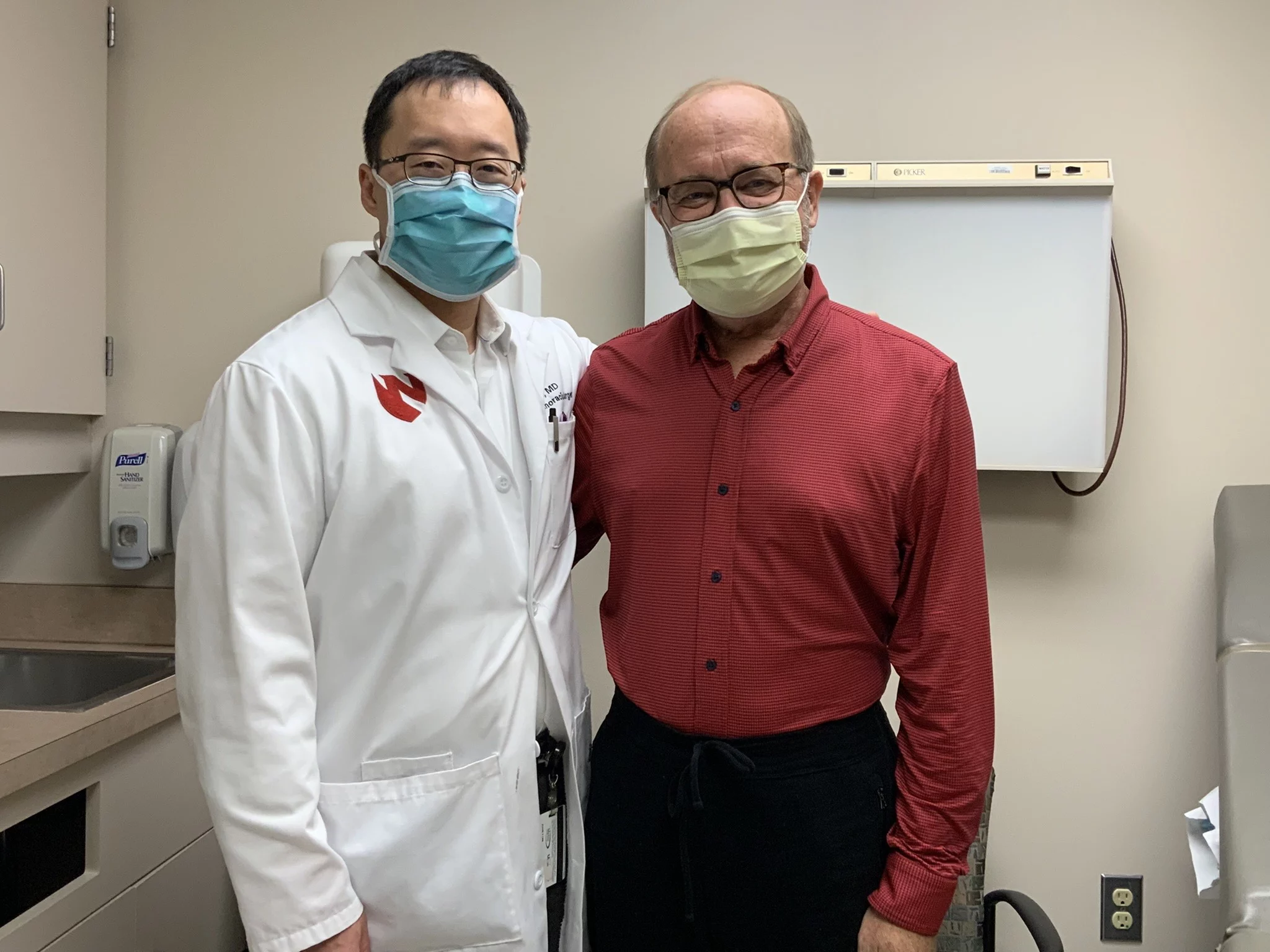
Courtesy photo
Some of these meds have side effects that require dosage adjustments. Two gave Vrbicky tremors.
Others could potentially raise his risk of high blood pressure or high cholesterol. Still others could up the chances of cancer, or diabetes.
“The point being, the drugs are toxic to organs,” he said. They help one thing but hurt another thing. That’s how we are in medicine. We have these pharmaceutical agents developed to do good, but they also do bad.”
He got a scare about his renal function, prompting thoughts of a kidney transplant, but it turned out to be “med related,” he said, “so once they reversed the meds everything turned back to normal.”
Another frightening moment came when he went in for a routine Allomap blood test that tracks donor DNA in transplant recipients. It’s used to determine if the immune system is rejecting an organ. His Allomap levels were up.
“What you think right away is, oh, man, I’m starting to reject this thing. I was on cruise control and suddenly my anxiety went way up, especially when they said, ‘We want you to come by for a heart biopsy.’ So I did that.”
He nervously waited days for the answer. He didn’t want to answer the phone when UNMC called, but he did. It was a false positive.
“I call it the anxiety of continuous testing,” he said. “Waiting for results, worrying they’re going to be a problem.”
Vrbicky now shares his story with his patients. He works with the state’s organ procurement organization, Live On Nebraska, to raise awareness about the importance of organ and tissue donation.
In a recent presentation to northeast Nebraska physicians, he promoted the world-class transplantation facilities at UNMC and the role providers play in encouraging patients to be donors. He also reminded physicians to constantly encourage patients to be good stewards of their own health.
“We have the ability potentially to survive major insults to our health if we go into them as healthy as we can be, and so our lifestyles make a difference,” he said. “As healthcare professionals we need to share that with our patients because that’s why we’re here – to improve patients’ health and prevent disease.”
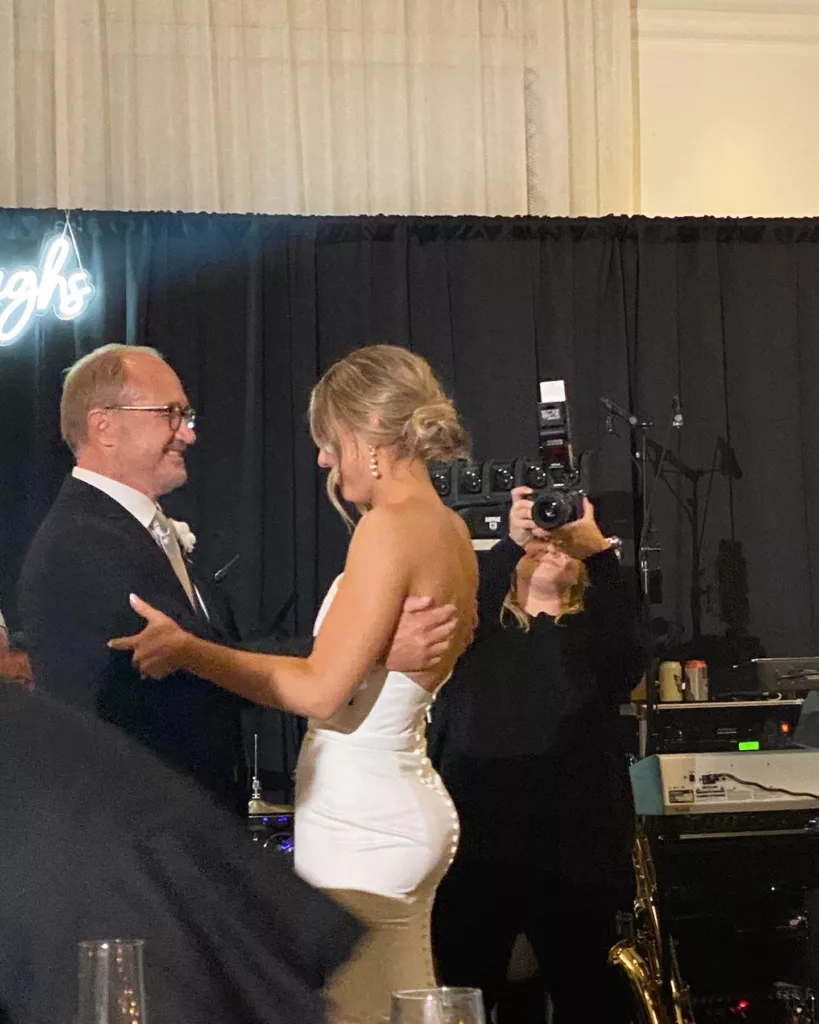
As for his own progress: “I just want to get back to where I was – and to be honest I’m getting close to that now,” he said in July.
Since then he’s walked his daughter down the aisle and danced at her wedding reception. He’s once again bending sweet notes on the trumpet. He’s delivering babies in the wee hours of the night. He and Karyn are planning a trip to holy sites in Israel. He’s eager for his son, Dr. Keith Vrbicky Jr., to join him in practice next spring, another experience he might have missed had things gone differently.
“I’m just thankful to be alive,” Vrbicky said. “To be back enjoying family and work.”
He views his personal odyssey as both cautionary tale and hopeful message. Neighbors, friends and patients used to see him ride his bike and take the stairs. They knew he was taking good care of his health.
“And then to see something like this happen they realized, if that happened to him, it could happen to me, too,” he said.
“Now that my neighbors and patients see me back working and exercising again, they know they can come back from something like this.”

